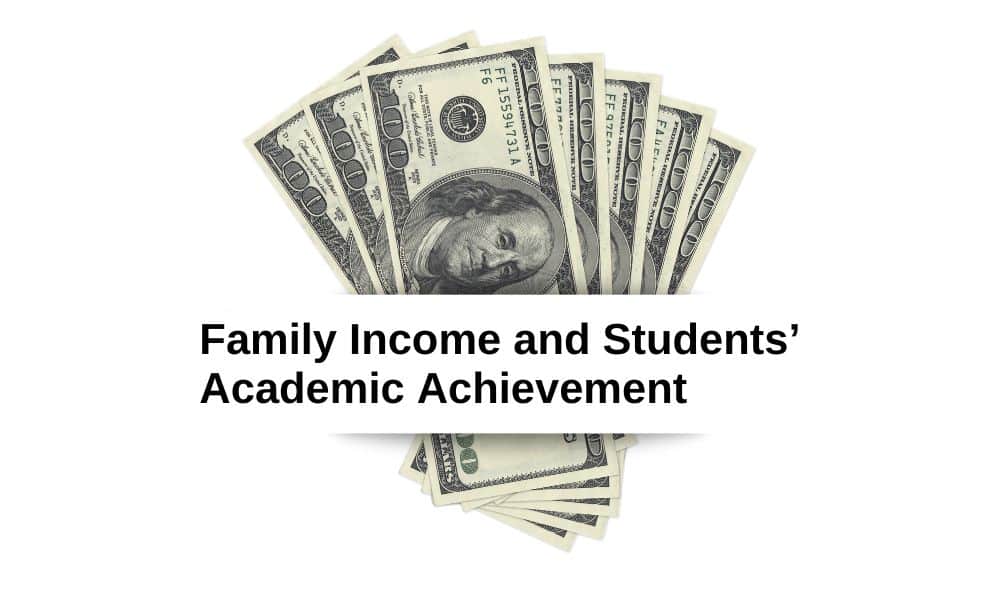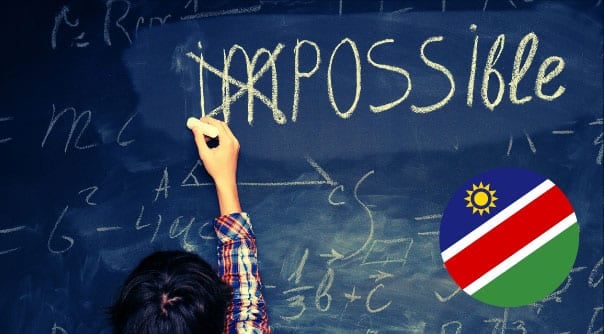
Parents, teachers, and researchers alike are interested in promoting children’s academic competence. Academic achievement has been linked to many factors. This article explores the role of family income in student’s academic achievement.
Family income is a measurement of the economic position of individuals who are considered to be part of one familial unit. Income is broadly inclusive of wages, pensions, investments, governmental assistance or benefits, rent earnings, and any other source of finances (Wang & Newman, 2013).
A study by Sum and Fogg (1991) found that poor students are ranked in the 19th percentile on assessments, while students from a mid-upper income family are ranked in the 66th percentile.
Data from the Early Childhood Longitudinal Study (ECLS) measured kindergarten students’ achievement on the ECLS reading achievement assessment. Low-income students scored at about the 30th percentile, middle-income students at about the 45th percentile, and upper-income students at about the 70th percentile (Rowan et al., 2004).
Students from low-income families consistently scored well below average, regardless of ethnicity or race. For example, in one study, 43.5% of low-income students did not successfully meet any of the required subject area assessments. In contrast, only 13.2% of low-income students met all required subject area assessments (Bergeson, 2006).
Poverty affects academic achievement due to the lack of resources available for student success, including financial, emotional, mental, spiritual, and physical resources, as well as support systems, relationships, role models, and knowledge of hidden rules (Lacour & Tissington, 2011).
Edublox offers cognitive training and live online tutoring to students with dyslexia, dysgraphia, dyscalculia, and other learning disabilities. Our students are in the United States, Canada, Australia, and elsewhere. Book a free consultation to discuss your child’s learning needs.

.
References:
Bergeson, T. (2006). Race, poverty, and academic achievement. www.doh.wa.gov.
Lacour, M., & Tissington, L. D. (2011). The effects of poverty on academic achievement. Educational Research and Reviews, 6(7): 522-7.
Rowan B., Cohen D. K., & Raudenbush S. W. (2004). Improving the educational outcomes of students in poverty through multidisciplinary research and development. www.isr.umich.edu.
Sum A. M., & Fogg W. N. (1991). The adolescent poor and the transition to early adulthood. In P. Edelman & J. Ladner (Eds.), Adolescence & Poverty: Challenge for the 1990s (pp. 37-110). Lanham, MD: Center for National Policy Press.
Wang, J. T., & Newman, S. J. (2013). Family, Income. In M. D. Gellman & J. R. Turner (Eds.), Encyclopedia of Behavioral Medicine. New York, NY: Springer.


